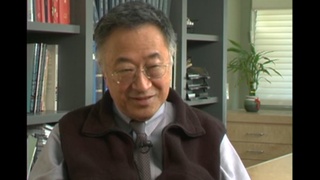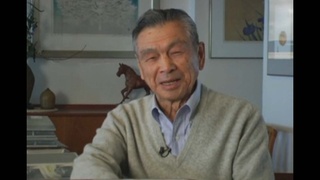Interviews
Accepted by Japanese society as I learned more Japanese (Japanese)
(Japanese) In my early days in Japan, when I couldn’t understand Japanese, I think that people treated me differently, in a discriminatory way. But I’m not really sure if it was because I’m a foreigner or Brazilian. I had a hard time getting along with people around me, as some of them said to me, “Go back to Brazil” or I had things stolen at school. But at the same time, I think that I was partly responsible because I didn’t know about Japan well enough, and that things would have been different if I’d had a better understanding.
So, like I said, I’m not sure if it was discriminatory to begin with, because as I learned more Japanese, I was able to make more friends and even people who disliked me, they also got friendly, so it might have been because we couldn’t communicated enough. I don’t think I’ve experienced discrimination after I learned Japanese.
Date: October 18, 2016
Location: Gunma, Japan
Interviewer: Shigeru Kojima
Contributed by: Watase Media Arts Center, Japanese American National Museum










